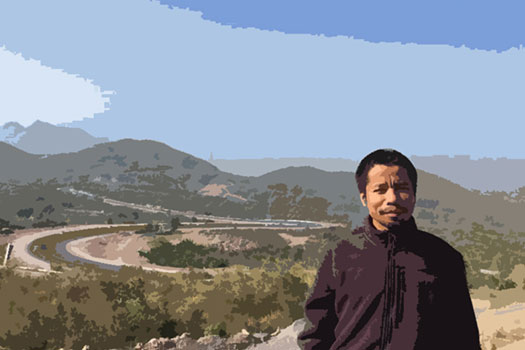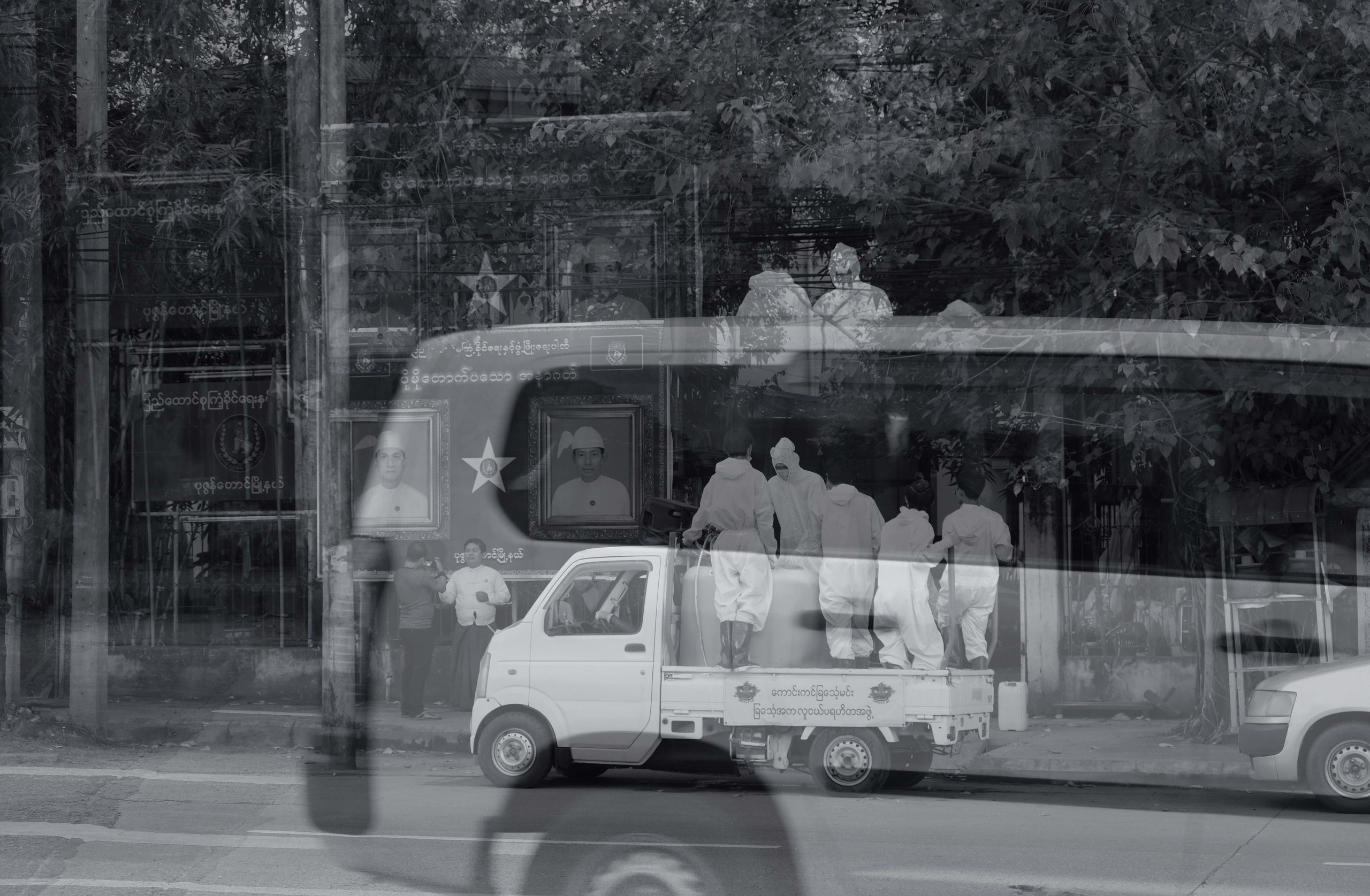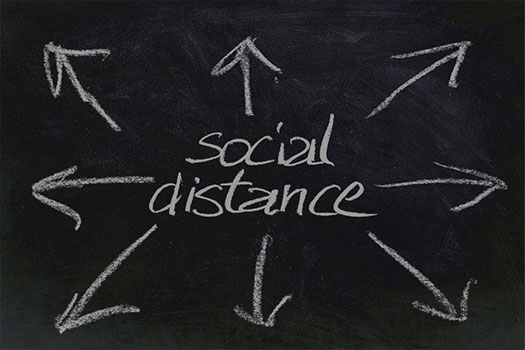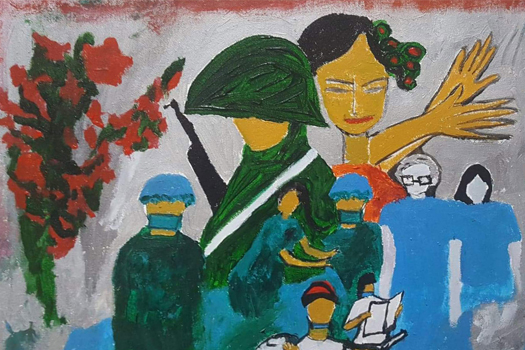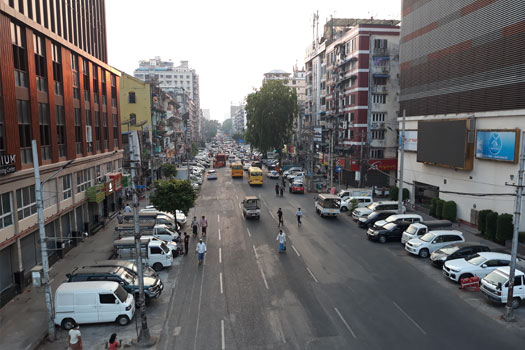Though Burma shares a long border with China, state authorities initially claimed there was not one case of COVID-19 in the country. Some earnestly, but naively, attributed this to what they fondly called their unique social lives, whereas many others gave credit to religion. Not every Burmese, though, bought these odd theories. That the virus was not found earlier was because we had no medical resources required to test people. In late March, medical personnel eventually and perhaps unsurprisingly identified the first case of COVID-19 that, in practical terms, upended the collective lives of the Burmese. Like all other nations around the world, we have painfully endured the agonizing impacts of the COVID-19 pandemic, the most dangerous virus outbreak in modern history since the 1918 flu pandemic. In terms of cases and death toll from this crisis in other nations, Burma (6 deaths & 150 cases of infection as 28 April) is in a better situation, however this outbreak still affects the lives of various communities.
This pandemic has deeply disturbed virtually all Christian churches including Baptists and perhaps many other religious groups. With the help of modern technology, priests and pastors have adjusted to the unwanted, yet unavoidable reality of this crippling crisis by preaching online (using Facebook) from their homes. The problem, however, is that older church members are obviously not comfortable with such electronic preaching, that they feel deprived of social interaction within the church, and that financial support from church members has already started to dwindle. It would not be surprising if this harsh situation potentially reshapes the life and future of the church forever. Though church historians often claim that previous crises have historically turned people to religion, this could also force church members to give less time and finance to the church.
I teach at Myanmar Institute of Theology (MIT). Our campus is normally vibrant every single day even during summer holidays. Every year, we have over 1,500 students, and we usually have summer schools for theology in April and May. For the very first time in our history, the MIT campus, however, remains entirely empty and silent. This unprecedented event has also deprives us of a regular financial income from student tuition fees, and the really daunting question facing us at present is whether we can even open the school in June, as usual (that is unless the situation somehow miraculously gets better). We are now entering an utterly unknown future riddled with more than uncertainties. There is no doubt that all schools in the country, just like MIT, are facing the same formidable challenges as the school season is soon due.
As an economically poor country, millions of Burmese work in neighboring countries to support their families back home. When this deadly pandemic rocked host nations, most of them lost their jobs overnight as a series of restrictions were imposed there. Whereas hundreds of thousands of them returned home, the vast majority of them were left in a socio-economic wilderness as they have no choice but to live in foreign lands without jobs and income. This, in turn, negatively affects their families in Burma.
In the very midst of this tragedy, what profoundly sustains my hope and nourishes my soul, though, is the awareness that we are not actually alone. The streets in our place are, for instance, dotted with churches as we live among our Karen brothers and sisters in the Insein township (Northern Yangon) and have been socializing with them since last year. Reflecting on the best part of humanity and the highest Christian values, my Karen neighbors have generously shared their water bottles, rice bags, and other things with us as COVID-19 has effectively put my family (and others) under house arrest for weeks. Their care, love, and helps remind me of early Christians caring, bearing, helping, and looking after each other as brothers and sisters during the time of two pandemics (for two historical examples I can think of the Antonine Plague in AD165 and the Cyprian Plague in 250-1). I am, forever, grateful for their love. Christian traditions highly regard and strongly encourage the idea of caring, keeping, and helping our neighbors.
Being fully aware of the importance of fighting this common enemy together, the government and some ethnic armed organizations have responsibly started coordinating their attempts to contain the spread of this virus outbreak that underscores that this pandemic knows no borders and that we actually depend on each other. It must also be added that youths from different racial groups and religious traditions have come together and join hands in the fight against this virus epidemic devastating the entire Burmese communities. Though not necessarily perfect, the Burmese mostly comply with measures taken by the government.
In all, this pandemic makes it clear that we are interdependent and should, therefore, be the keeper of our brothers and sisters.
30 April, 2020
Pum Za Mang (M.A, Princeton Seminary Ph.D. Luther Seminary) is a faculty member at Myanmar Institute of Theology (MIT), Seminary Hill, Insein, Yangon, Burma. His articles have appeared in Asia Journal of Theology, Studies in World Christianity, International Journal of Public Theology, Dialog: A Journal of Theology, Church History and Religious Culture, and Journal of Church and State. His interest includes religion, politics, and ethnicity in Burma.
Citation
Pum Za Mang. 2020. “The Pandemic in Burma” CSEAS NEWSLETTER, 78: TBC.

